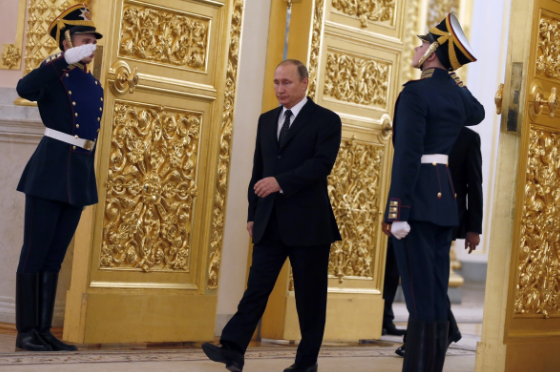
In a speech at the U.N. Security Council on Tuesday, Kenyan U.N. Ambassador Martin Kimani said it very clearly with reference to his own country’s history: “This situation echoes our history,” Kimani said, condemning Moscow’s moves. “Kenya and almost every African country was birthed by the ending of an empire. Our borders are not of our own drawings. They were drawn in the distant colonial metropoles of London, Paris, and Lisbon with no regard for the ancient nations that they cleaved apart.”
Ambassador Kimani’s speech was a sensation at the emergency Security Council session, and for a good reason. It also went viral on social media, which is where I read it. It is indeed a dangerous nostalgia for former or aspiring empires to lead sovereign nations to redraw borders by force to reunite with citizens of other nations with whom they share cultural affinity.
This is the exact argument the Russian president has used to justify the deadly Russian invasion of Ukraine, a country that gained its full independence after a vote in 1991.
President Putin’s post colonial war is isolating Russia. NATO is arguably the strongest it has been since 1989, and its unity have been on full display in the wake of the deadly invasion of Ukraine. Even former President Donald Trump has said that the US and its allies should be doing a lot more than just sanctions. “Putin understands how to avoid sanctions, and he goes through other countries. He goes to China, for example.”
But the war has also changed the Sino-Russian relationship. China has its own post imperial ambitions. We don’t know what Chinese leader Xi Jinping knew, but we know the communists in Beijing are deemed to have been complicit. We haven’t seen Xi backing away from Putin, but China’s imperial ambitions depend on an open world economy in trade and technology. They want to buy Europe, the Middle East, Africa and Southeast Asia, bit by bit. However, if it continues to back Putin, it’s unlikely that China will be successful in reshaping global and regional institutions to suit their ambitions.
As I see it, the US, Europe, the Middle East, Africa and Southeast Asia have only one choice: To stick together.
